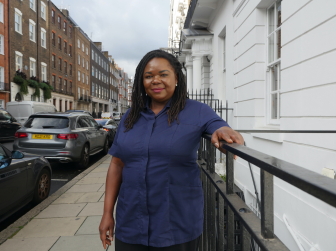Trust in Religious Institutions does not convey to Church Attendance
The conclusion was drawn from the findings of two recently conducted surveys. The first revealed that trust in religious institutions varied across the countries in the European Union (EU), while the latest survey investigated religious service attendance in the EU. Both studies are commissioned by the European Commission’s Eurobarometer survey and the European Social Survey.
By comparing the two sets of data, it was found that in countries whose populations express high levels of trust in religious institutions, the trust does not necessarily translate into regular attendance at religious services.
A very typical example is Denmark. Denmark has the highest level of confidence in religious institutions at 74%, yet just 3% of Danes attend church at least once a week. While Swedish citizens express the lowest level of trust in religious institutions at 21%, church attendance for Swedes is very low at just 5%. Therefore, the European Social Survey stated in its conclusion that “Active participation in faith-based organisations is not largely a function of a society’s level of trust in them.”
The Church attendance in EU countries varies greatly despite the strong historical Christian background. Among the Catholic countries, Malta and Poland have the highest percentages of weekly churchgoers in Europe with 75% and 63% respectively. 21% of Spaniards attend at least weekly, and just under a third of Portuguese (29%) and Italians (31%) do so. The dominant Catholic Slovakia (33%) still has sizable active religious minorities. Austria is closest to the more secularised Protestant countries in weekly Church attendance, with 18% attending at least weekly.
Estonia and Latvia, the two Baltic countries with Protestant traditions, are among the most secularised in Europe with only 4% and 7% of residents attending services once a week. The Czechs (11%), Hungarians (12%), and Lithuanians (14%) are also in the more secular camp.
For West European countries, which are seriously influenced by secularisation and the rise of non-Christian religions, weekly attendance is low. In France and Germany, weekly attendance at religious services is below 10% while in Belgium, the Netherlands, Luxembourg, and the United Kingdom between 10% and 15% of citizens are regular churchgoers.









